23 min read
Beyond the Wilderness: How WFR Skills Can Save Lives Anywhere
Beyond the Wilderness: How WFR Skills Can Save Lives Anywhere As the sun rose over the majestic mountain range, the group of aspiring Wilderness...

Are you required to have a WFR Certification for your job? Or do you want to learn medical skills for when you are venturing out into the wilderness, just in case something happens to you or your loved ones? Perhaps you saw a stranger go down on a trail and didn’t know what to do and want to learn so that next time you can save a life or at least help them with their pain?
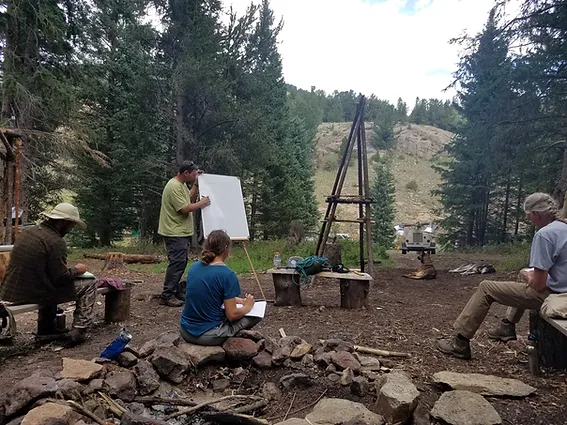
If you have to sit through a mandatory lecture for your WFR Certification, which of these two pictures looks more appealing to you? If stuffy, badly lit, classroom settings are not for you and you prefer to breath in fresh mountain air while you get your learn on, check out our WFA, WFR and CPR certification classes in July 2019. Limited spots available so sign up now before its too late!
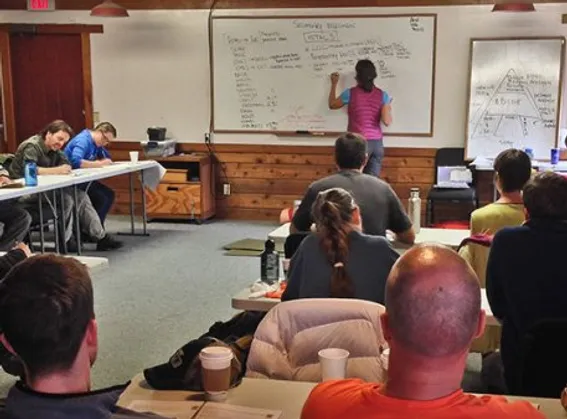
Are you serious about expanding your depth of medical knowledge and improvised medical care? Looking to improve your skills in dealing with medical issues in backcountry environments? Ever consider becoming a Wilderness First Responder (WFR)? Our challenging seven-day WFR program, referred to as the “Gold Standard” in wilderness medical care, is primarily intended for non-medical professionals who are traveling in the backcountry and serving as wilderness guides, outdoor instructors, outdoor educators, Search and Rescue (SAR) team members, ski patrol, medical personnel for adventure races/events, missionaries, expedition medical team members, etc. A WFR is responsible for preventing and identifying medical problems, initiating reasonable and appropriate field management of medical issues, and identifying when and how to safely evacuate patients presenting with potentially life-threatening problems.
Day and night practical exercises are a critical learning tool for this material. This program is physical in nature, and a reasonable level of fitness is expected of all participants. The American Safety and Health Institute serves as the certifying agency for our WFR program. Certification is valid for two years. Adult, child and infant CPR and AED use is included as part of this program.
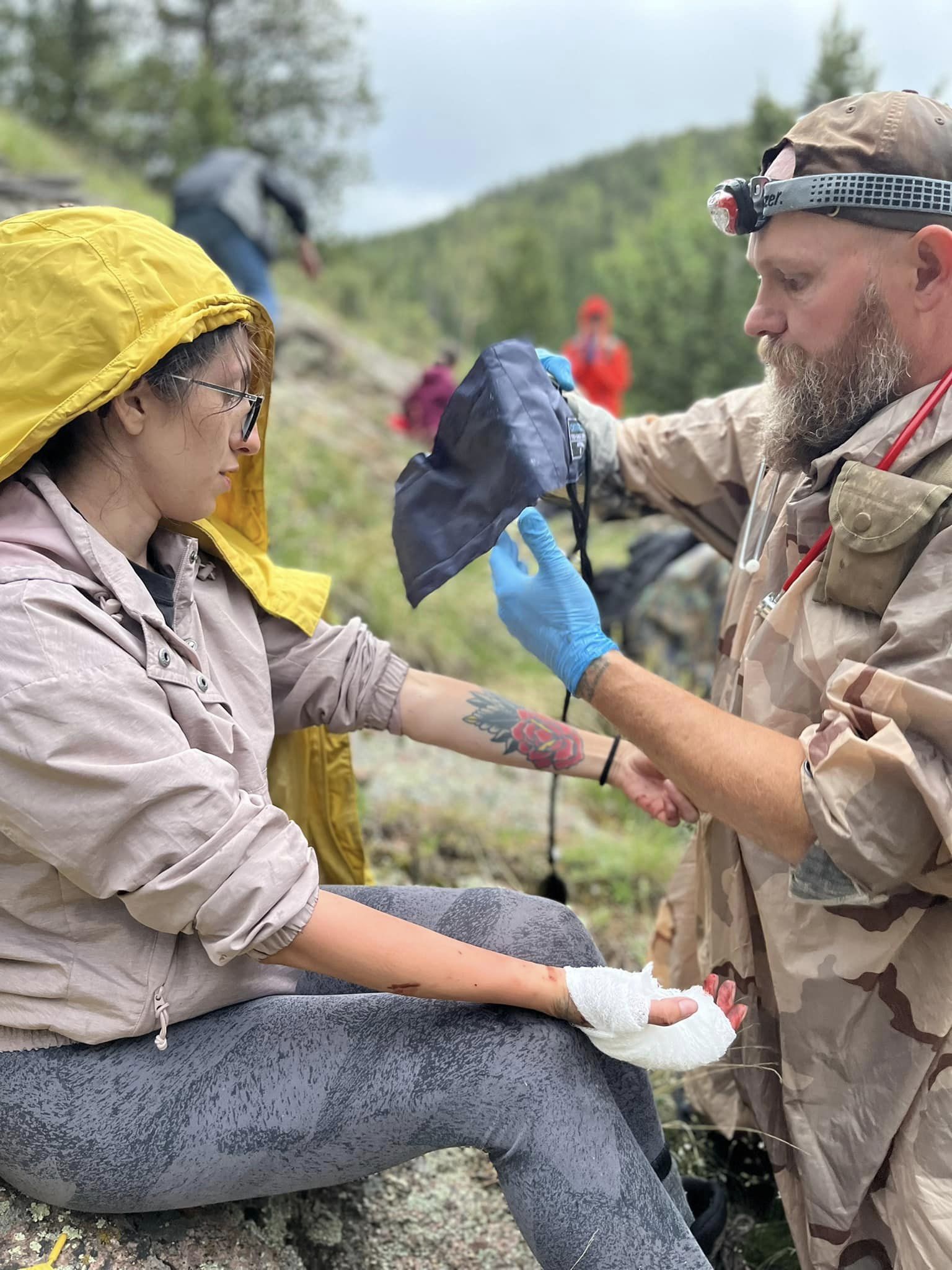
23 min read
Beyond the Wilderness: How WFR Skills Can Save Lives Anywhere As the sun rose over the majestic mountain range, the group of aspiring Wilderness...
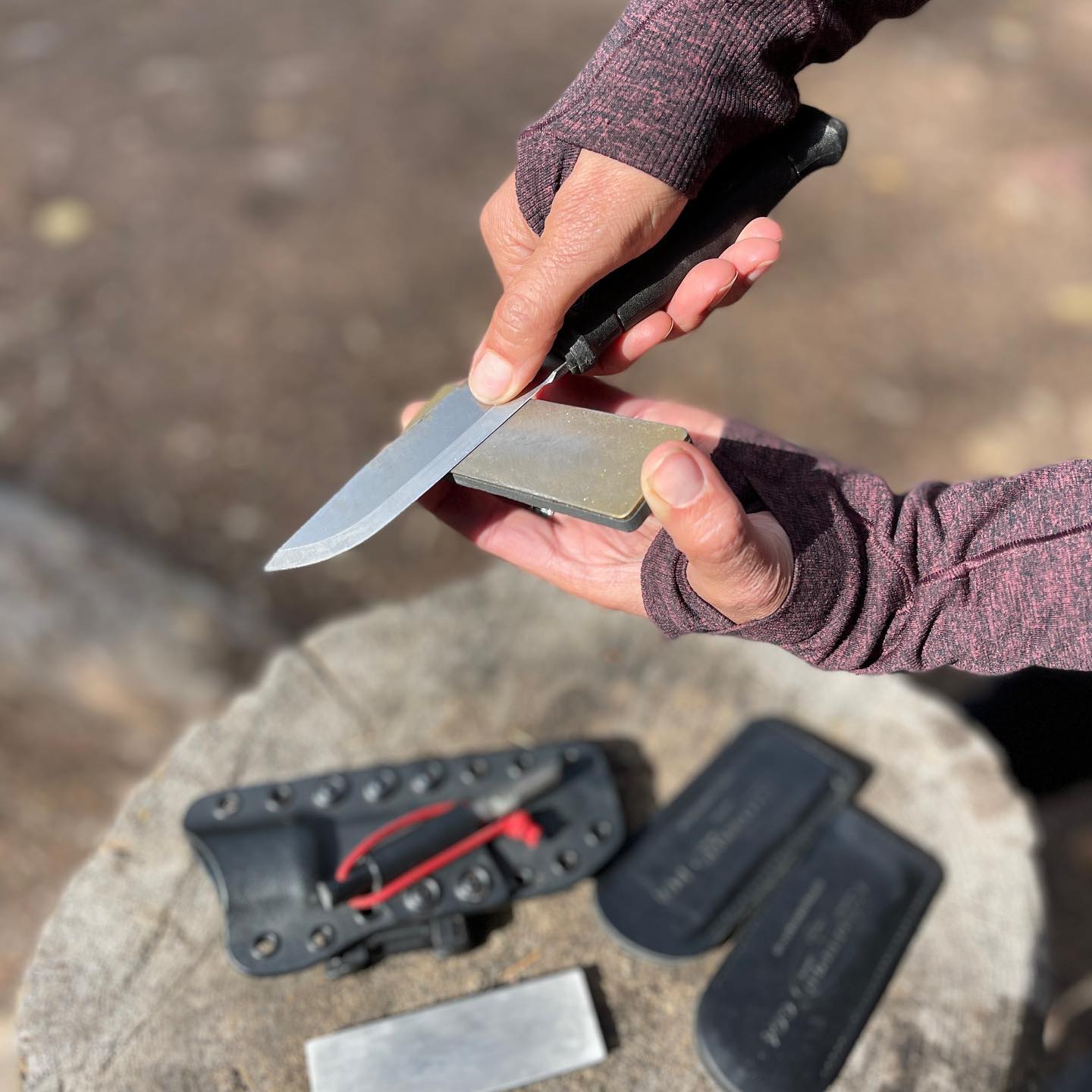
Hutch Teaching Tarp Shelter Ok…this one might be a hard pill to swallow for some adventurers, but do me a favor and stick in there with me. A knife
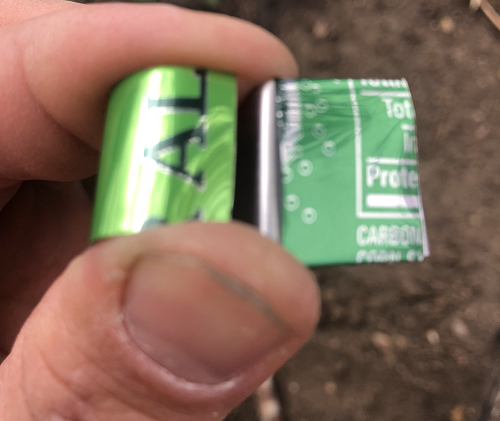
Turning Trash into a Lifesaving Tool: How to Make a Whistle for Survival Welcome back! A few weeks ago, we talked about the importance of carrying at...